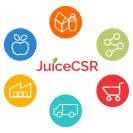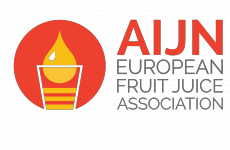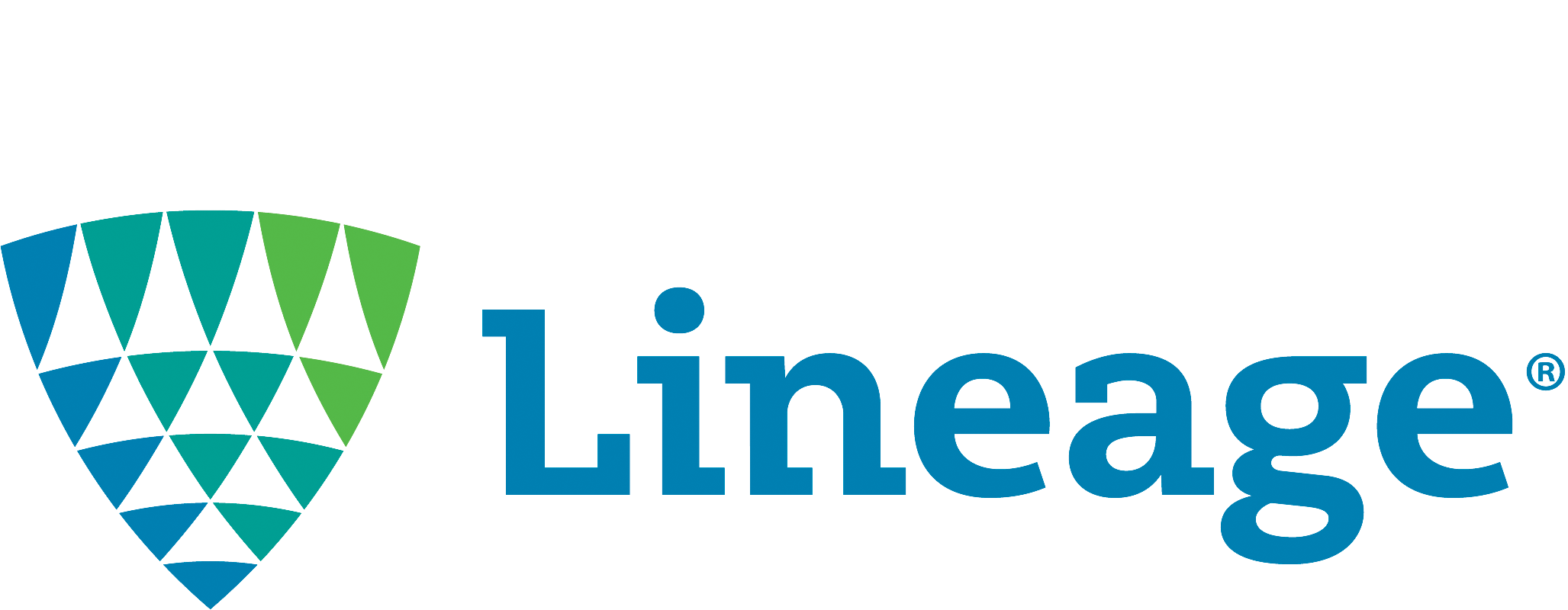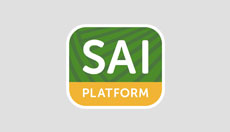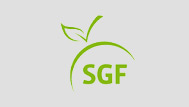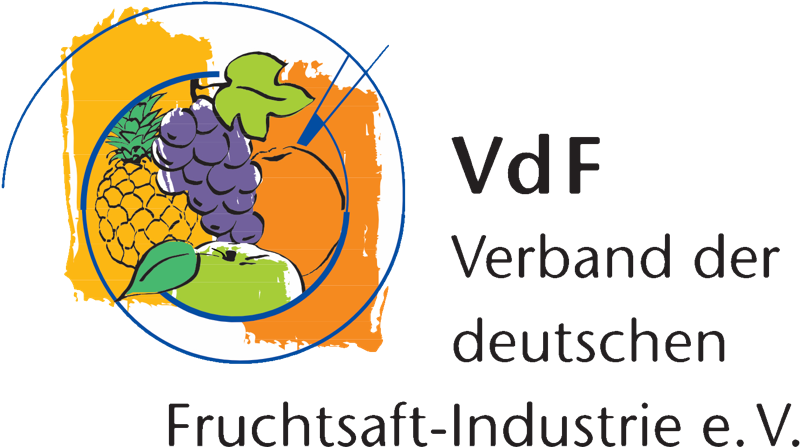The Fruit Juice CSR Platform was set up in 2013 as a sustainability initiative specifically established for the fruit juice industry. The Platform was co-initiated by the European Fruit Juice Association (AIJN) and Sociability and endorsed and co-funded by the European Commission for its first 18 months of operation. Since 2016 the Platform has a new management partner, Fair & Sustainable Consulting (F&S)– a well-known Dutch consultancy specialized in sustainable supply chains. F&S is supported by the Centre for Agriculture and Environment (CLM) and Inclsve.
The objective of the Fruit Juice CSR Platform is to inspire and support the European fruit juice industry to integrate corporate social responsibility (CSR) in their business operations and core strategy. The vision of the Platform is a thriving and resilient juice sector creating income stability and prosperity for all stakeholders involved in the global value chain. The Platform is designed to enable companies to collaborate on these global challenges.
More precisely the Platform aims to promote:
- A common understanding and agreement on CSR in the fruit juice industry, including areas to collaborate and ways to track progress.
- Enhanced performance on addressing social, environmental and economic concerns creating shared value throughout the supply chain.
- Greater visibility of CSR and sustainability efforts in the fruit juice sector.
Platform roles:
1. Facilitate & Support Collaboration
- Facilitate the design, implementation and continuous improvement of various collaborative programs, when necessary.
2. Ensure quality and wide participation
- Involve the whole juice supply chain: Ensure that the perspectives and experiences of all key stakeholders in juice supply chain are taken into account.
- Impact & Added value : Ensure progress is monitored and synergy between different collaborative programs is created.
3. Communicate and harmonize efforts
- Ensure harmonization and alignment with other initiatives.
- Provide one clear space and reference point to communicate the juice sector’s commitment, progress and best practices.
Background
Need for sector-wide approach
The CSR challenges of the European fruit juice industry extend beyond Europe’s borders. The consumer’s desire for more exotic flavour combinations is impossible to meet by fruit production on home soil. In addition, since fruits are inherently seasonal, there is the challenge of year-round supply. Fruit juice supply chains and therefore the European industry’s CSR challenges thus tend to be global in nature. The European fruit juice industry faces considerable challenges in dealing with CSR and in creating sustainability in supply chains:
Some European fruit juice enterprises are frontrunners and have developed strategies towards corporate responsibility including internal methods for responsible sourcing. These companies are aware that sustaining the industry in the long run requires urgent attention to mainstreaming corporate responsibility across the sector. On the other hand, there are competitors in the market that perform poorly on corporate responsibility throughout the supply chains. Poor performance in CSR not only carries negative effects on the environment and the workers involved but also on the industry as a whole.
Need for integral CSR in business operations
While many fruit juice companies do engage in CSR in one way or another, their efforts are either invisible, ad-hoc, or targeted to only one specific area (e.g. water reduction or packaging) or one level of the supply chain. Hence, even companies engaging in specific CSR initiatives face challenges in integrating CSR in the entirety of business operations throughout the supply chain.
Structural constraints
The industry represents an enormous variety in company sizes as large multinationals operate in parallel with thousands of small and medium enterprises. The level of vertical integration is very different in large and small companies and the challenges and solutions of the individual companies obviously differ substantially.
No standardized methods
While the UN Global Compact, the UN Guiding Principles for Human Rights and Business and OECD Guidelines provide general principles and guidelines for integrating strategic CSR, the fruit juice industry lacks standardized methods for measuring performance. At the same time, there are different norms for CSR management systems too (SA8000, SGE 21, UNE 165010, ISO 49000 among others) thereby obstructing comparison and benchmarking of company performance. And finally, different standards and codes exist at farm and processing level.
Knowledge and know-how is costly and hard to access
Small and medium sized companies often do not have the in-house capacity to identify, strategize and implement responsible solutions. This situation is true in particular for Eastern European, and to some extent Southern European stakeholders. Collaborative action among fruit producer associations at national level and at the EU level have gone some way in identifying good practices.
